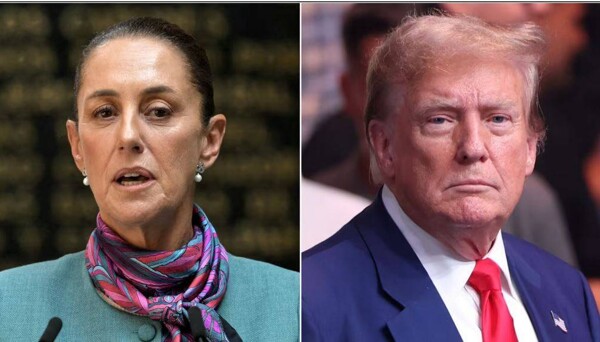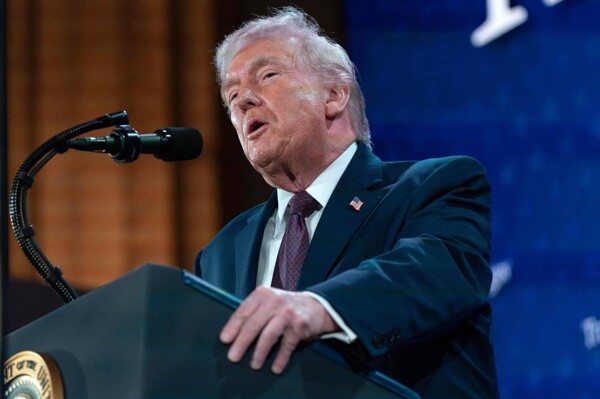
The President of the United States, Donald Trump, has announced his intention to impose a new tariff on automobiles starting April 2, predicting this levy to be around 25 percent. This measure seeks to impact the automotive industry, following Trump’s public announcement of his plan on February 14.
The United States had already formalized tariffs on Mexico on February 1, as part of a strategy to combat drug trafficking and illegal migration. The tariffs include 25 percent for Canada and 10 percent for China. However, on February 3, Mexico’s President, Claudia Sheinbaum, announced that these tariffs had been paused for 30 days after reaching agreements with Trump.
According to data from the National Institute of Statistics and Geography (Inegi), Mexico exported 3 million 479 thousand 086 vehicles in 2024, with the United States being the main recipient at 79.7 percent of these exports. In light of these measures, companies like General Motors, Ford, and Nissan may adjust their production in Mexico and shift it to the U.S.
Rodrigo Centeno, CEO of Nissan Mexico, stated that they will maintain production in Mexico to reduce exposure to potential tariffs. Nissan exports about 60 percent of what it manufactures at its Aguascalientes plant to the U.S. The car models most exported from Mexico to the United States currently are GM's Equinox EV, Toyota's Tacoma, Nissan Sentra, Honda HR-V, and Ford Maverick.
In general, Mexico accounts for about 18 percent of total car sales in the United States, surpassing countries like South Korea, Japan, and Germany. Brands like Toyota, Kia, Volkswagen, and BMW Group benefit from their exposure to the U.S. market.














